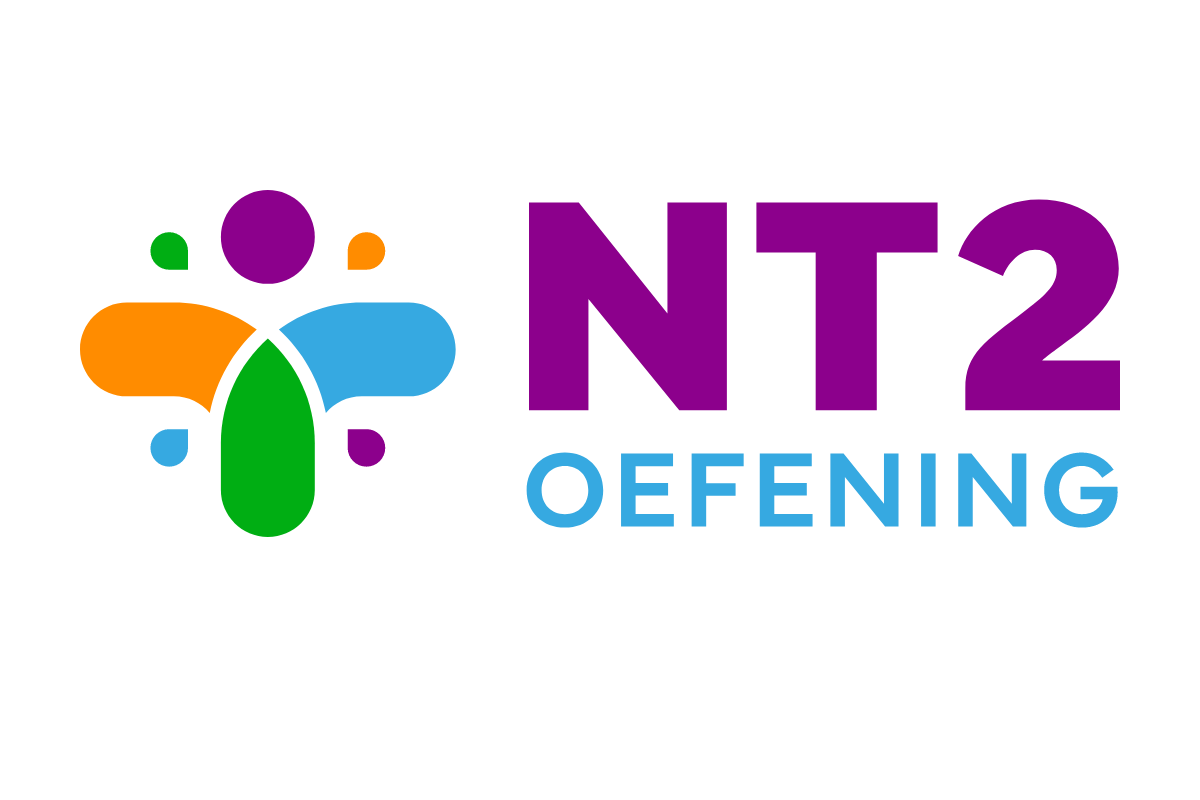Introduction
Are you a non-EU citizen who wishes to apply for Dutch nationality or permanent residence in the Netherlands? Then you probably know that one of the requirements is to pass the Dutch integration exams. It is also known as the Inburgeringsexamen. So, we will provide you with some useful self-study tips to help you pass.
What are the Dutch Integration Exams?
The Dutch integration exams are a necessary part of becoming a citizen or a resident of the Netherlands. There are two groups of exam candidates. The first group includes people who have lived in the Netherlands for at least five years and voluntarily applied for permanent residence or a Dutch passport. The other group includes people who have received a temporary residence permit and are required to pass the exams within three years.
To become a Dutch permanent resident or citizen, you must pass a total of five exams. Four of the exams are about the Dutch language and are divided into reading, listening, writing, and speaking. Moreover, there is also the KNM exam, which is about your knowledge of Dutch culture and society. The language exams are at A2 level (beginner) or B1 level (intermediate), depending on the date you arrived in the Netherlands.
What language level is the Dutch Integration Exam in 2024?
The language level of the Dutch integration exam depends on two factors. These are your visa or residency type and the date the IND formally decided you must begin to integrate. If the date of your letter is before January 1, 2022, then the language level you will take the Dutch integration exams at is A2. If the date of your letter is after January 1, 2022, you’ll need to study for a while longer. Because your language level will most likely be B1.
Tips for Self-Study
1. Set a Clear Objective and Timeframe for Your Exams
It always helps to set a clear objective for yourself. So, you will be motivated and bring structure to your studies. One way of doing this is to just set an exam date. You can register for the exams – usually two to three months in advance – on the DUO website. It is normally recommended that it take around four to five months to get from A0 (complete beginner) to A2. In order to get from A2 to B1, it is also necessary to study for at least four to five months. However, this also depends on your learning speed. If you are a quick learner and good at studying independently, the timeframe could be a lot shorter.
2. Get Familiar with the Exam Formats as Soon as Possible
Once you have set an exam date, study the exam formats as soon as possible by doing practice tests. You can find practice tests on nt2oefening.nl. Nt2 Oefening simulates the official Dutch language exam experience in a real format.
3. Practice, Practice, Practice
Practice is the key to success. You can practice your Dutch language skills by reading Dutch books, watching Dutch TV shows, listening to Dutch radio, and speaking Dutch with native speakers. You can also find online courses that can help you prepare for the exams on Nt2oefening.
4. Get Feedback on Your Writing and Speaking Skills
Writing and speaking are two of the most important skills you need to pass the Dutch integration exams. You can get instant feedback on your writing and speaking skills on Nt2oefening.
5. Stay Motivated
Studying for the Dutch integration exams can be challenging, but it’s important to stay motivated. You can do this by setting small goals for yourself and rewarding yourself when you achieve those goals. Also, remind yourself why you want to learn Dutch and become a citizen or resident of the Netherlands.
Conclusion
We hope that these tips will help you prepare for the Dutch integration exams. Remember, self-study is a great way to learn. And it can be very effective if you are motivated and disciplined. Good luck! 🍀
Nt2 Oefening simulates the official Dutch exams in their original format. The test questions that students may face in an exam are in the closest format to reality. Try it now!
Follow us on social media!

